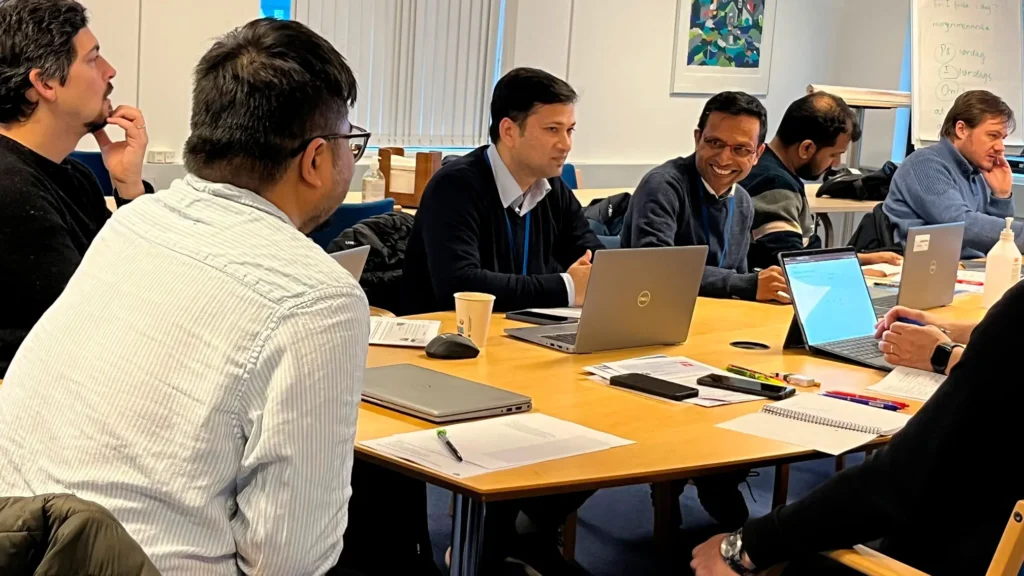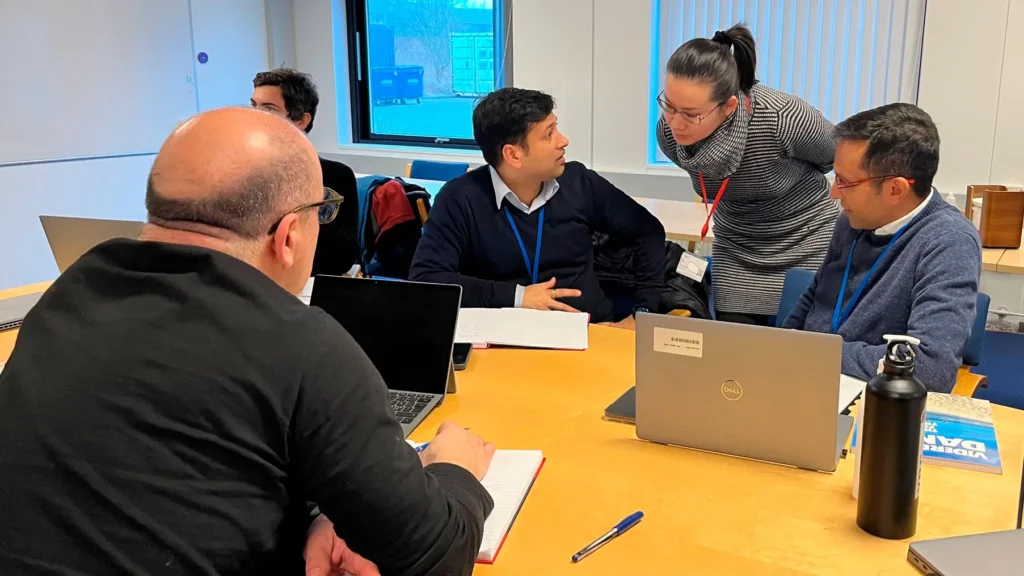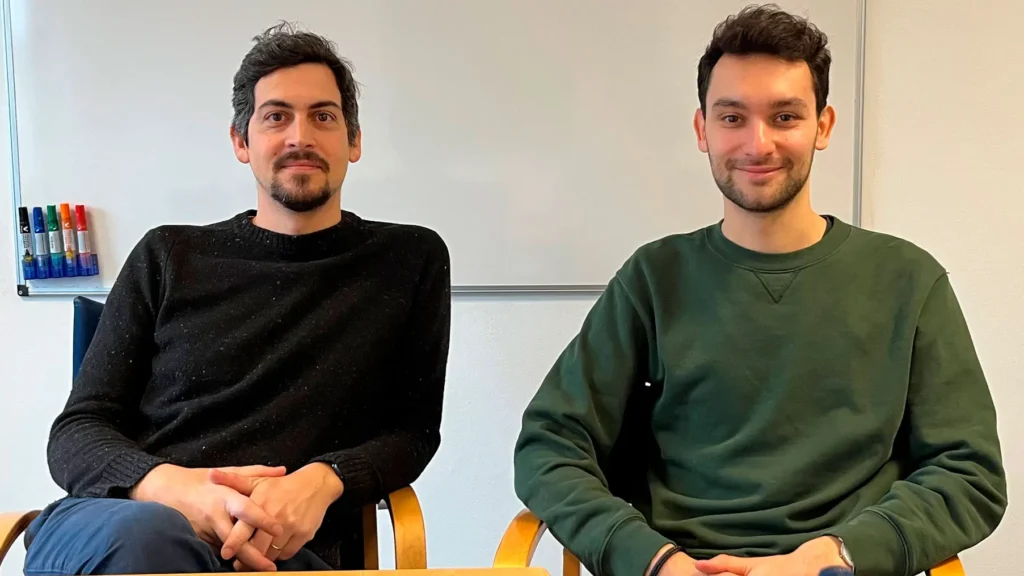Fostering inclusion and retention: The impact of Danish Lessons at Alfa Laval
At the global company Alfa Laval, the working language is English. Nonetheless, over the past 1.5 years, the company has offered its foreign employees the opportunity to learn Danish during working hours. It’s all about well-being and retention, because when the employees are able to communicate in Danish in their daily lives, their wish to stay in Denmark increases.

Danish lessons at the workplace are effective and increase employee satisfaction
At Alfa Laval, it’s a given that the company offers its foreign employees the opportunity to learn Danish. It’s Alfa Laval’s experience that when they learn the language, their everyday life becomes easier, both when communicating at work and especially when they are not at work and need to navigate through daily life, whether it’s everyday shopping or speaking with a doctor or the staff at, for example, their children’s daycare. The Danish lessons not only create a better understanding of the Danish society, but they also increase the employee’s attachment to the country.
HR Partner at Alfa Laval, Michael Dichow Lund, sees the Danish lessons as an important part of the employees’ well-being, and he experiences that the employees are very enthusiastic about being able to learn Danish at Alfa Laval.
“We receive very positive feedback on our offer of Danish lessons. Our foreign employees really want to learn Danish. They are committed to Alfa Laval and to Denmark. And they really appreciate that they can learn Danish during working hours. Many of them have families, and it makes their everyday life much easier that they can take lessons with us.”
Conversations that build confidence
The Danish lessons take place once a week for 3.5 hours, where the foreign employees gather in one of the company’s meeting rooms. Emphasis is placed on employees getting involved as much as possible, hence the lessons always start with oral activities, where employees discuss everyday topics, for example, what they did over the weekend. Language consultant Alice Yang Andersen points out that it’s important for the employees to spend plenty of time practicing with each other, as it gives them the confidence to try speaking Danish with other colleagues at the coffee machine, during lunch, or between meetings.
“We particularly focus on the employees’ oral skills. They need to learn to navigate Danish in informal situations, so we practice a lot of small talk,” Alice Yang Andersen explains.
After the oral warm-up, the lessons continue with carefully planned sections, where the employees go through a broad range of linguistic skills, so they also practice reading, listening, and writing in Danish.
“We continuously work on building the employees’ vocabulary, so they learn new words and phrases every week, while also getting exercises that activate what they’ve already learned. Because it’s through the repeated use of the language that they become confident in how to use it. They try different role-plays, which resemble authentic situations they might encounter, so the language they learn is always applicable.”
The employees also receive homework; often small writing tasks, listening exercises, or a short oral presentation, which needs to be prepared. This way, their language learning is maintained from session to session, giving them the opportunity to work independently with the language.

Networking at work and in leisure time
Cenk and Martin are two of the participants in the course. Cenk moved to Copenhagen with his wife and their two-year-old son from Turkey. Because he has come to Denmark with his family, he is very pleased that he can learn Danish during work hours:
“It makes it easier to manage everything when we can learn Danish here. My son attends nursery, where he is beginning to speak Danish, and I would very much like to understand him and be able to talk with the nursery staff and my colleagues.”
Martin moved to Denmark from France and has been learning Danish for six months. He is also enthusiastic about Alfa Laval’s offer:
“It’s good that we have lessons together because we speak more Danish, and we also create a good network with the others in the class. For me, it’s important that I learn Danish, because I want to be part of the society in Denmark. And I want to understand what I read, for example, official documents, and that sort of thing.”
Besides practicing his Danish when participating in the weekly lessons at Alfa Laval, Martin also uses his Danish in his leisure time when he plays badminton.
“I’m the only one who doesn’t speak Danish at the club, so it’s a good challenge for me to speak with the other players.”

Help your international employees learn Danish
UCplus offers a range of flexible solutions for company Danish. Lessons can take place at the workplace, at the nearest language center, or through online instruction.
UCplus handles all coordination and provides skilled instructors who conduct Danish lessons at the employees’ level.
It is possible to apply for lost earnings if the lessons are held during working hours. UCplus also helps with the application process.
Or contact Language Center Manager, Mette Lherbier, at tel.: 22 70 42 26 or email: mel@ucplus.dk, if you want more information.
